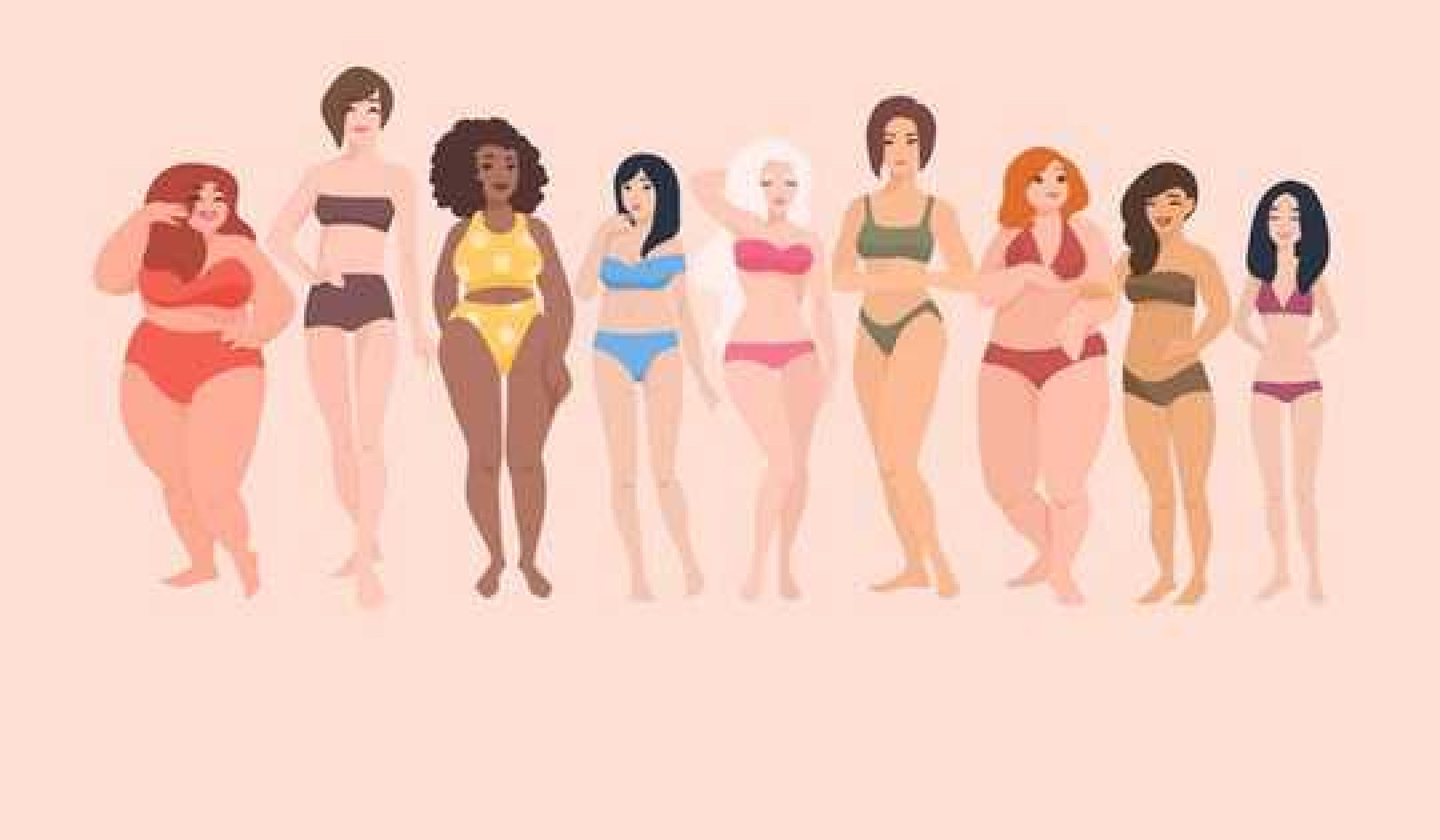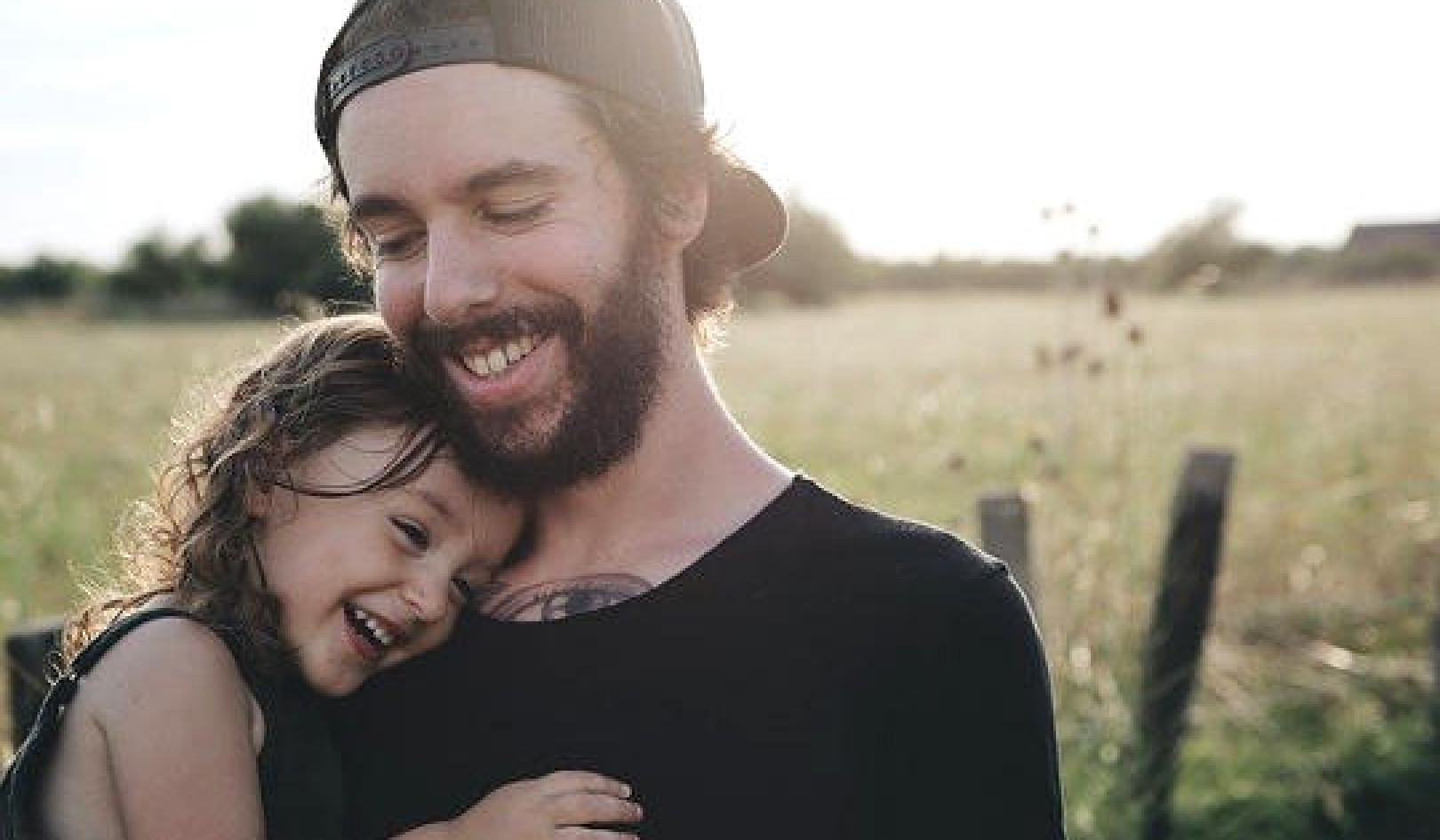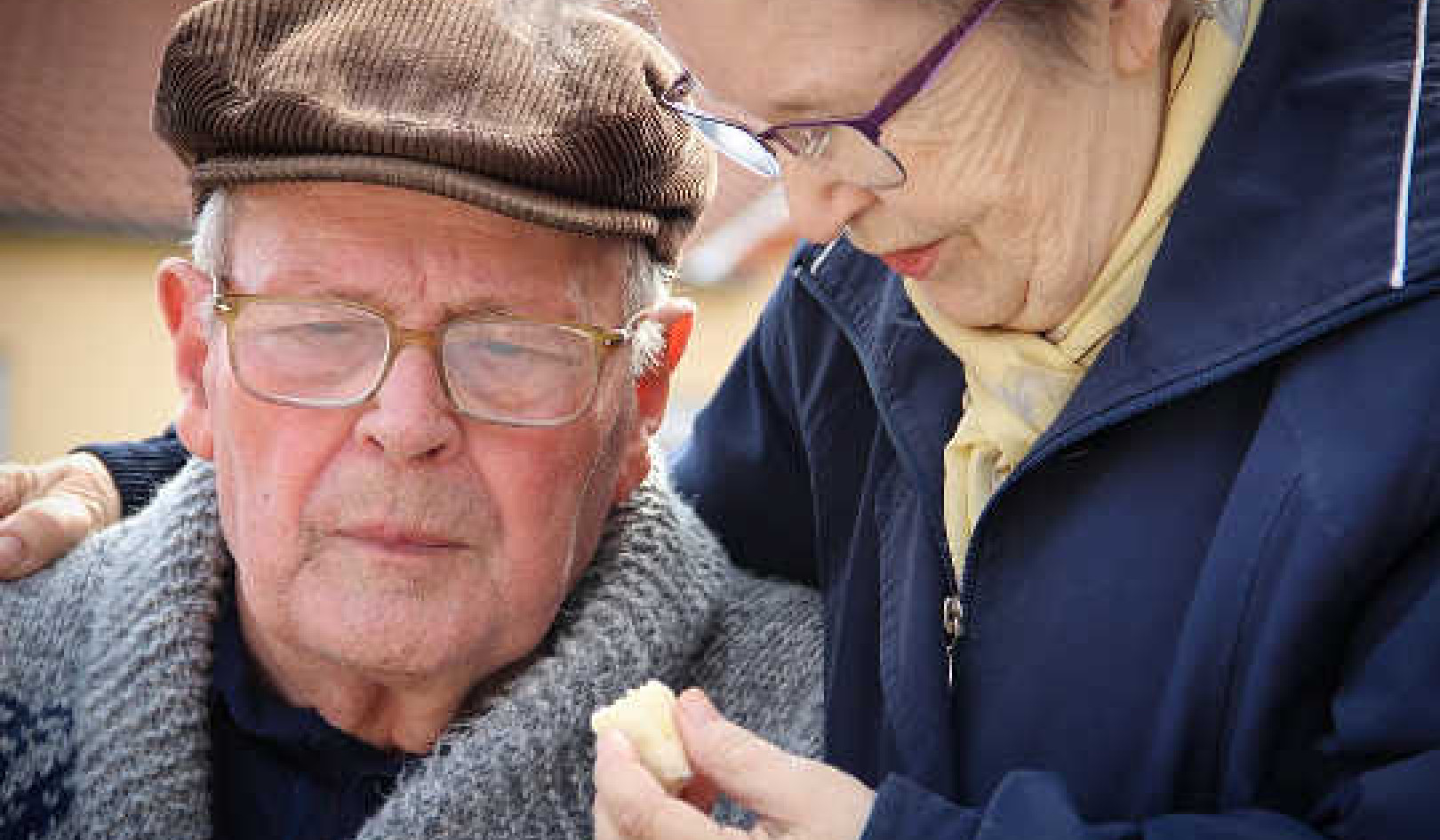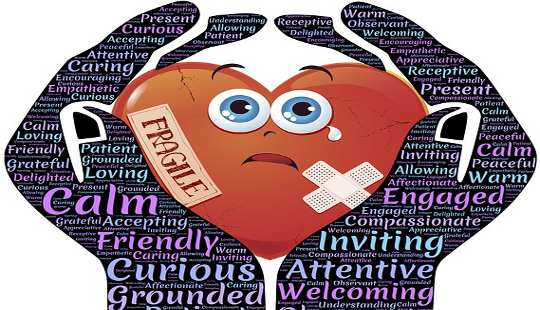
A healing life, in periods of illness or health, requires that you embrace a positive belief system. There comes a point when you must decide if you want a life that is fear-driven or one founded on love and hope.
Establishing this premise is tantamount to bringing your healing to the next level. Remember, each gain will be incremental. You'll catch the negative voices faster; you'll dismiss them more quickly. Significant improvement, but it's also true that the process is ongoing.
Here's a perspective to help silence the negative voices.
1. The Body Is Holy
Your body is a temple. It houses spirit and blood, light and the interweaving of the material you. Everything about your body is holy: every secretion, every orifice, every physiological function contributes to your survival and well-being.
Why in our culture are parts of the body taboo? Who do you suppose was one of the most respected physicians in ancient Egypt? Iri, keeper of the royal rectum, the pharaoh's enema expert! Enemas, believed to have been of divine origin, were a widely touted Egyptian practice to purify the gastrointestinal tract.
What areas of your body do you appreciate, perhaps even slave over to be attractive? Your skin? Your hair? Your eyes? Not surprising, given our culture's narrow definition of glamour. To heal, we must expand our notion of what is beautiful. Send love everywhere. See where you hold back.
What about your body evokes shame, self-loathing? Your internal organs? Your secretions? Sweat? Tears? Saliva? What about excretions? Urine? Feces? Menstrual blood? Reassess what is devalued, even unmentionable. Take an honest inventory.
For vibrant health (not just making it through the day), you must slowly but surely recondition your biases. If necessary, reinvent the wheel. Rebel against our culture's myopic vision of the body. Counter conformity.
Unlearn what you've been taught. You do this case by case. Menstrual blood as a source of shame? No. It's part of the cycle of preparation for creating life. Tears something to hide? No. They're a form of release, a healing. And so on. With each bodily function we have to appreciate such a miracle.
Meditate on it. Contemplate it. Pray to be able to fully apprehend such truth. Beauty comes from the inside out literally! Whenever you abhor an aspect of your anatomy, even on an unconscious level, you deprive it of energy and love, the essential fuel for healing. Create a more positive vision of your physical self. Then if illness comes, you won't be trying to heal a body you may hate.
2. Express Your Emotions About Illness
If you get sick, express yourself. Feelings of upset, anger, depression, or fear about your illness or another's can be stepping-stones to compassion. Give yourself permission to be who you are.
The patients I'm most concerned about are those who go numb, suffer in silence, or are stoic to the point of shutting down. Each of us is entitled to our own coping style, but we must ask ourselves: Does it bring peace? Will it facilitate healing? Give us strength?
Whatever your way is, be authentic. The goal is to shine light through darkness, never dwell in it. You have the right to voice even what may seem forbidden.
For example, I got very angry as my father's Parkinson's disease was growing worse. I agonized watching him deteriorate. I wanted to be a good daughter, to be loving, to stay on top of things, support him 110 percent -- but the pressure kept building.
My life was besieged with demands: nurses, hospitals, physical therapists; he couldn't walk; he couldn't sleep; his mind was confused; he required twenty-four-hour care. All this plus he became irritable, constantly snapping at me.
One night I cracked. On the phone with a childhood friend who's been with me through thick and thin -- and whose mother was also chronically ill -- I blurted out: "I wish he'd just die!" Silence. Had the line gone dead? Finally my friend said, 'Judith! That's horrible! How can you say that about your own father?" Then click. She hung up on me.
What had I done? Was I wrong to express such a thing? Was I a monster? Well, no. What my friend didn't understand was that I didn't really want my father to die. But I did need to vent. Not to my father, of course. I had to find another outlet. By surfacing the feeling, I was able to let it go, to regain compassion.
My process was a progression. I inched forward. I fell short. I tried again. To feel love, all obstacles must be removed. What if I'd denied my feeling, held it in? Where would it have gone then?
For even the best of friends, sharing taboo emotions may be new territory. This will be safer with some people than with others, but it's worthwhile to explore. Just know that if anger, fear, resentments about illness become frozen, they'll keep you from your heart.
We are human beings, not saints. Cut yourself some slack. Feelings are not facts, they're energy. If your aim is compassion, releasing this energy productively can get you there. Believe in love that much.
3. Spirituality Will Help You Heal
Science and spirituality mix. An odd couple? Not at all. Over two hundred scientific studies have shown that spirituality is good for your health and promotes recovery from illness.
Take cardiac disease. In 1995 the Dartmouth-Hitchcock Medical Center found that for heart surgery patients, a major predictor of survival was religious faith. For those without spiritual beliefs, the death rate was three times higher. As for blood pressure, another survey reveals that churchgoers have lower blood pressure than non-churchgoers, even when smoking and other risk factors are considered.
Let's also look at the elderly. A National Institute on Aging study found that geriatric patients were physically healthier and less depressed if they attended regular spiritual services. Across the board research underscores the necessity of not waiting until illness or pain comes to draw on spirituality as a resource for healing and health.
Is there a center in our brain for spiritual experience? Our prefrontal cortex, which evolutionary biologists say enables us to form complex beliefs, as in religions, is 200 percent larger than expected in a primate our size. Simply put, we're wired for spirituality. But can the transcendental experience itself be pinpointed? Scientists currently associate it with a part of the brain called the limbic system. When this area is electrically stimulated during surgery, some patients report visions of angels or devils. And brain tumors, which overexcite the limbic system, can trigger enhanced, sometimes obsessive, spiritual awareness.
Which came first? God or the brain? Intuition aside, as Detective Joe Friday of Dragnet always said, "Just the facts, ma'am." What scientists are willing to conclude is that the brain and spirituality are interrelated; if you cultivate a belief in something greater than yourself -- traditionally religious or not -- you'll have a better chance of staying healthy longer and healing faster if you become ill.
4. You Don't Have To Act Out Life's Traumas
It is not necessary to resolve an emotional trauma by getting sick. What happens is this: A trauma -- a heartbreak, death, or loss -- occurs, then your body intuitively encodes it as energy. If you do your best to deal with the difficulty, you can get a jump on resolving it. If not, the conflict will fester, may translate into physical symptoms or emotional distress.
Without even realizing it, many of us wait for a health crisis to give us a more lucid perspective on our lives, make long overdue changes, or motivate us to work through past traumas. We use the energy of crisis to create change. I'm asking you to reappraise this strategy. By doing so you may spare your body much pain and suffering.
At a recent workshop I was giving, a woman told the group a touching story. Her mother was a Holocaust survivor who, thirty years after the war ended, was diagnosed with uterine cancer. After the malignancy was surgically removed, she said to her daughter, weeping, "Thank God. Now the Nazis are finally out of my body."
Think about it. The significance this woman attributes to her cancer poignantly conveys to us the impact our beliefs can have. Must we develop actual tumors to exorcise the demons in our lives?
Please be clear, this woman never sat down and said to herself, Okay, to heal I must get cancer. Who among us would? The process is treacherous because it's subliminal. Your body takes your beliefs, conscious or unconscious, seriously.
Whether you're ill or not, examine your beliefs and retain only those that serve you. Do you unknowingly use illness or pain as a means of conflict resolution for traumas of the past? If so, take a second look. What other options do you have? Psychotherapy? Energy work? Meditation? Asking your dreams for guidance? Consulting a spiritual counselor? Prayer? Talking with a good friend? Do whatever it takes.
Formulate a life-affirming belief system about how to prevent illness and heal. It is the underpinning upon which a sustained recovery is based.
What other factors contribute to illness? Take the classic overachiever. Slaving away late at the office one night, he practically blacks out and is rushed to the hospital with a perforated peptic ulcer. You could easily conclude it was caused by a combination of stress and his gastric acid skyrocketing from one too many spicy enchiladas. Or, that unconsciously he'd become sick to receive the much-needed nurturing that would come from a good doctor's care. What other "secondary gains" did he accrue from being ill? Love? Attention? Time off from work? Time out from a relationship? Peace and quiet? A good rest? Whenever any of us gets sick, there are numerous physical and emotional components.
With this in mind, even so, I want to caution you against too simplistic an explanation of illness. There are other meanings too. The ecosystem of humankind and nature is intuitively bound. No life-form, human or not, stands alone. We all swim in the same waters, can feel our collective reverberations.
How is it possible to talk about any individual's health without also considering the overall health of the planet? Could illness, in part, be the body's desperate attempt to reequilibrate itself with a planet fighting to survive? Depression, chronic pain, autoimmune diseases, in which the body literally attacks itself, are growing at apocalyptic rates.
There's a parallel between our suffering and the relentless assault on the earth, the ravaging of rain forests, underground nuclear testing, pollution of air and oceans. Can we empathically feel our planet's cry? Do our bodies mimic the disease we are inflicting? How do we reconcile this breach?
However you conceive of illness, an element of mystery always exists. There's so much we still don't know. It's been popular the past decade to assign all kinds of meaning to symptoms, but this isn't always possible. As a physician I've learned to have awe for what is unknowable in ordinary terms.
It's fine to seek a rational explanation for why you or someone you love becomes ill. But sometimes there just doesn't seem to be one. Your four-year-old develops a brain tumor. How could there ever be a good reason for that? Yet you must accept the situation and not lose faith in God, yourself, or your child.
Is this too much to ask of you? Or is this single act alone, faith in the face of the greatest possible loss, more significant in the cosmic scheme of things than any one life itself, no matter how dear? An extremely hard call. Each of us must grapple with these self- and universe-defining spiritual issues.
In all types of illness, from cancer to a cold, never fail to remember the mind's capacity to heal, even what has been deemed unhealable. By lovingly learning to focus your intuition, you can strive to cure or at least improve any health situation. I first came to understand this in a roundabout way.
In 1970 I was working as a research assistant in a parapsychology lab at UCLA. Part of my job was to follow up on calls from people reporting "ghosts" in their homes. It's always amused me how many people in Los Angeles believe their houses are haunted. They'd describe electronic machinery flipping on and off uncontrollably, objects flying around the room, unidentifiable voices, footsteps, apparitions. Wild stuff!
What we investigators mostly concluded was that, even if the manifestations were authentic, they were misinterpreted. In general they seemed to be extensions of the anger and frustration in a family rather than related to any specific house. When the family moved the phenomena followed them. As tempers flared episodes increased.
Ghosts weren't haunting the hall; we were seeing psychokinetic energy in action, a living laboratory of how the power of the mind literally alters its surrounding environment. The real revelation for me was: If the mind can make a cupboard door flap open and shut, it can also -- if properly directed -- heal the body.
This brings us to an appreciation of a world where positive beliefs, emotions, and actions are prime factors in getting well, can even stimulate our immune response. A world where our defense against illness is related to a body wide communication network we can take an active part in programming. A mix of science, instinct, and mystery, this is how intuitive healing can benefit you.
Reprinted with permission of the author.
Copyright 2000, 2001. Published by Times Books,
a division of Random House. www.randomhouse.com.
Article Source
Book: Dr. Judith Orloff's Guide to Intuitive Healing
Dr. Judith Orloff's Guide to Intuitive Healing: Five Steps to Physical, Emotional, and Sexual Wellness
by Judith Orloff, M.D.
 Dr. Judith Orloff leads readers to the heart of a radical revolution in health care: the union of medicine and intuition, of body, mind, and soul. This guide will show you how to recapture, nurture, and affirm your intuitive ability, so that you can utilize it to help heal yourself.
Dr. Judith Orloff leads readers to the heart of a radical revolution in health care: the union of medicine and intuition, of body, mind, and soul. This guide will show you how to recapture, nurture, and affirm your intuitive ability, so that you can utilize it to help heal yourself.
Info/Order this paperback book or purchase the Kindle edition.
About the Author
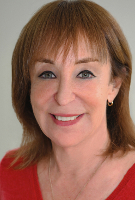 Judith Orloff, MD is a New York Times bestselling author and the author of the book The Genius of Empathy: Practical Skills to Heal Yourself, Your Relationships and the World (with foreword by the Dalai Lama). She has also written The Empath’s Survival Guide and Thriving as an Empath, which offers daily self-care tools for sensitive people. She integrates the pearls of conventional medicine with cutting edge knowledge of intuition, empathy, energy medicine, and spirituality.
Judith Orloff, MD is a New York Times bestselling author and the author of the book The Genius of Empathy: Practical Skills to Heal Yourself, Your Relationships and the World (with foreword by the Dalai Lama). She has also written The Empath’s Survival Guide and Thriving as an Empath, which offers daily self-care tools for sensitive people. She integrates the pearls of conventional medicine with cutting edge knowledge of intuition, empathy, energy medicine, and spirituality.
Dr. Orloff specializes in treating empaths and highly sensitive people in her private practice and online internationally. Her work has been featured on The Today Show, CNN, Oprah Magazine, the New York Times and USA Today. Dr. Orloff has spoken at Google-LA, TEDx U.S. and TEDx Asia.
More information about Dr. Orloff’s Empathy Training Programs for businesses, The Empath’s Survival Guide Online Course and speaking schedule at DrJudithOrloff.com
More Books by this Author























